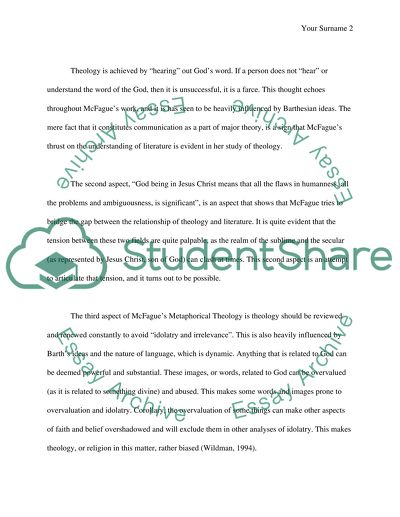Cite this document
(“McFagues Metaphorical Theology Research Paper Example | Topics and Well Written Essays - 2000 words”, n.d.)
Retrieved from https://studentshare.org/religion-and-theology/1443131-is-god-the-father-a-model-or-an-idol-according-to
Retrieved from https://studentshare.org/religion-and-theology/1443131-is-god-the-father-a-model-or-an-idol-according-to
(McFagues Metaphorical Theology Research Paper Example | Topics and Well Written Essays - 2000 Words)
https://studentshare.org/religion-and-theology/1443131-is-god-the-father-a-model-or-an-idol-according-to.
https://studentshare.org/religion-and-theology/1443131-is-god-the-father-a-model-or-an-idol-according-to.
“McFagues Metaphorical Theology Research Paper Example | Topics and Well Written Essays - 2000 Words”, n.d. https://studentshare.org/religion-and-theology/1443131-is-god-the-father-a-model-or-an-idol-according-to.


